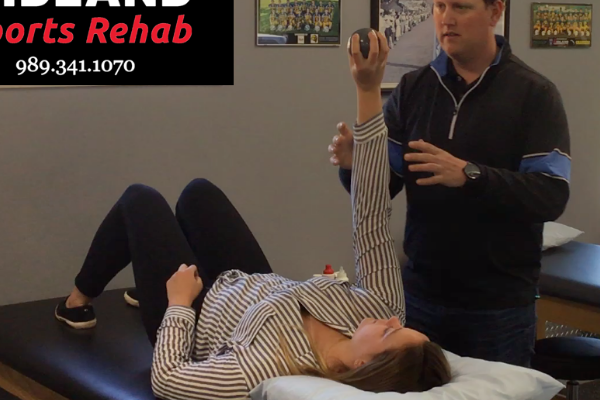What is Functional Movement Screen?
Put simply, the Functional Movement Screen (FMS) is a ranking and grading system that documents movement patterns that are key to normal function. By screening these patterns, the FMS readily identifies functional limitations and asymmetries. These are issues that can reduce the effects of functional training and physical conditioning and distort body awareness.
The FMS generates the Functional Movement Screen Score, which helps target problems and track progress. This scoring system is directly linked to the most beneficial corrective exercises to restore mechanically sound movement patterns.
Exercise professionals monitor the FMS score to track progress and to identify those exercises that will be most effective to restore proper movement and build strength in each individual.
What does FMS do?
The FMS simplifies the concept of movement and its impact on the body. Its streamlined system has benefits for everyone involved – individuals, exercise professionals, and physicians.
- Communication. The FMS utilizes simple language, making it easy for individuals, exercise professionals, and physicians to communicate clearly about progress and treatment.
- Evaluation. The screen effortlessly identifies asymmetries and limitations, diminishing the need for extensive testing and analysis.
- Standardization. The FMS creates a functional baseline to mark progress and provides a means to measure performance.
- Safety. The FMS quickly identifies dangerous movement patterns. It also indicates an individual’s readiness to perform exercise so that realistic goals can be set and achieved.
- Corrective Strategies. The FMS works for any fitness level, simplifying corrective strategies of a wide array of movement issues. It identifies specific exercises based on individual FMS scores to instantly create customized treatment plans.
The Functional Movement Screen (FMS) examines seven fundamental movement patterns that make basic function possible. These movement patterns include:
- Deep Squat
- Hurdle Step
- Inline Lunge
- Shoulder mobility
- Active Straight Leg Raise
- Trunk Stability Push-Up
- Rotary Stability
Each movement pattern has a score from 1 (low) to 3 (high). After which, the overall screening results help create a corrective exercise program aimed at maximizing both mobility and stability throughout the body. In addition, the test can be repeated to determine the effectiveness of the prescribed program as well as make new recommendations.
The FMS is best utilized near the end of a rehabilitation program when pain is no longer present. The results are then used to prescribe a post-rehabilitative exercise program as well as supplemental exercises alongside a previously established strength or fitness routine. To learn more about how a Functional Movement Screen may help you achieve optimal motion, contact Midland Sports Rehab or Freeland Sports Rehab to determine how testing may best serve you.



